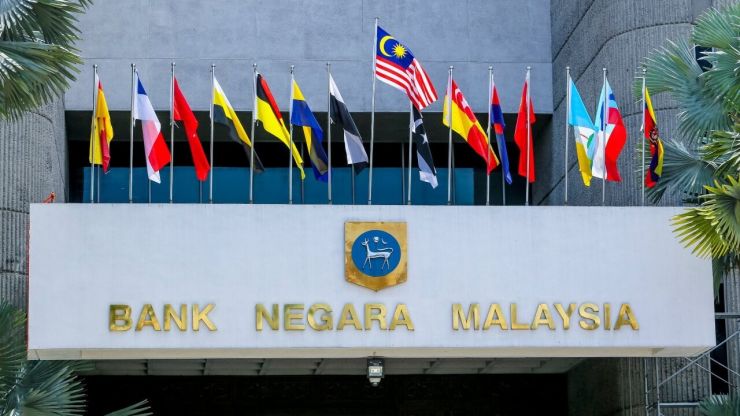- Two central banks, the Monetary Authority of Singapore and Bank Negara Malaysia, will collaborate on a new project designed to link their online money transfer systems.
- The process is due to take place in phases, with the ultimate goal being that customers can pay using QR codes in either country.
- “The PayNow-DuitNow linkage will be a game-changer resulting in faster, cheaper and more accessible payment services for the people of both countries,” said a senior figure at Bank Negara Malaysia.
The central bank of Singapore has announced a new collaboration with its counterpart in Malaysia.
The Monetary Authority of Singapore (MAS), the nation’s reserve bank and financial regulator, has announced a collaboration with Bank Negara Malaysia (BNM).
The two companies will work together to combine their cross-border payment systems.
The PayNow system in Singapore will be paired with Malaysia’s DuitNow service.
It is expected that the linking will happen in phases, the first of which is expected to begin in Q4 2022.
Ultimately, the objective is for instant online money transfers to be possible between the two nations, using just a mobile phone number.
It will also be possible for payments to be made in shops using QR code systems.
According to statistics, remittances between the two nations totalled around 1.3 billion Singaporean dollars last year.
The collaboration aims to make transactions in this corridor as simple as possible.
In a statement, a senior figure at BNM said that the idea for the new scheme had come from innovations in the domestic payments sphere.
Fraziali Ismail, the bank’s assistant governor, said that the new link would increase speed and cost-effectiveness.
“By bringing the efficiencies observed in domestic payments to cross-border payments, the PayNow-DuitNow linkage will be a game-changer resulting in faster, cheaper and more accessible payment services for the people of both countries,” he said.
He went on to say that the new development could begin to drive economic growth if the pandemic continued to ease.
“Not only would this initiative further strengthen the economic ties between Singapore and Malaysia, it would also serve as a key enabler to support post-pandemic economic growth.”
The chief fintech officer of MAS said that the country’s major remittance corridor was to Malaysia.
Sopnendu Mohanty described the new proposed set-up as “important infrastructure”.
“Singapore’s remittance corridor with Malaysia is our largest remittance corridor; hence, the PayNow-DuitNow linkage will be an important infrastructure to support cross-border payment needs of individuals and businesses, as well as the growing digital economic activity between both countries,” he said.
To get the latest information on how the international money transfer sector is working, simply visit our reviews pages and check out our overviews of each provider in this space.









